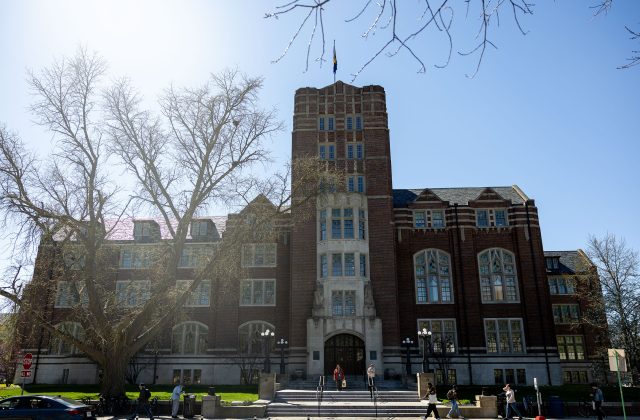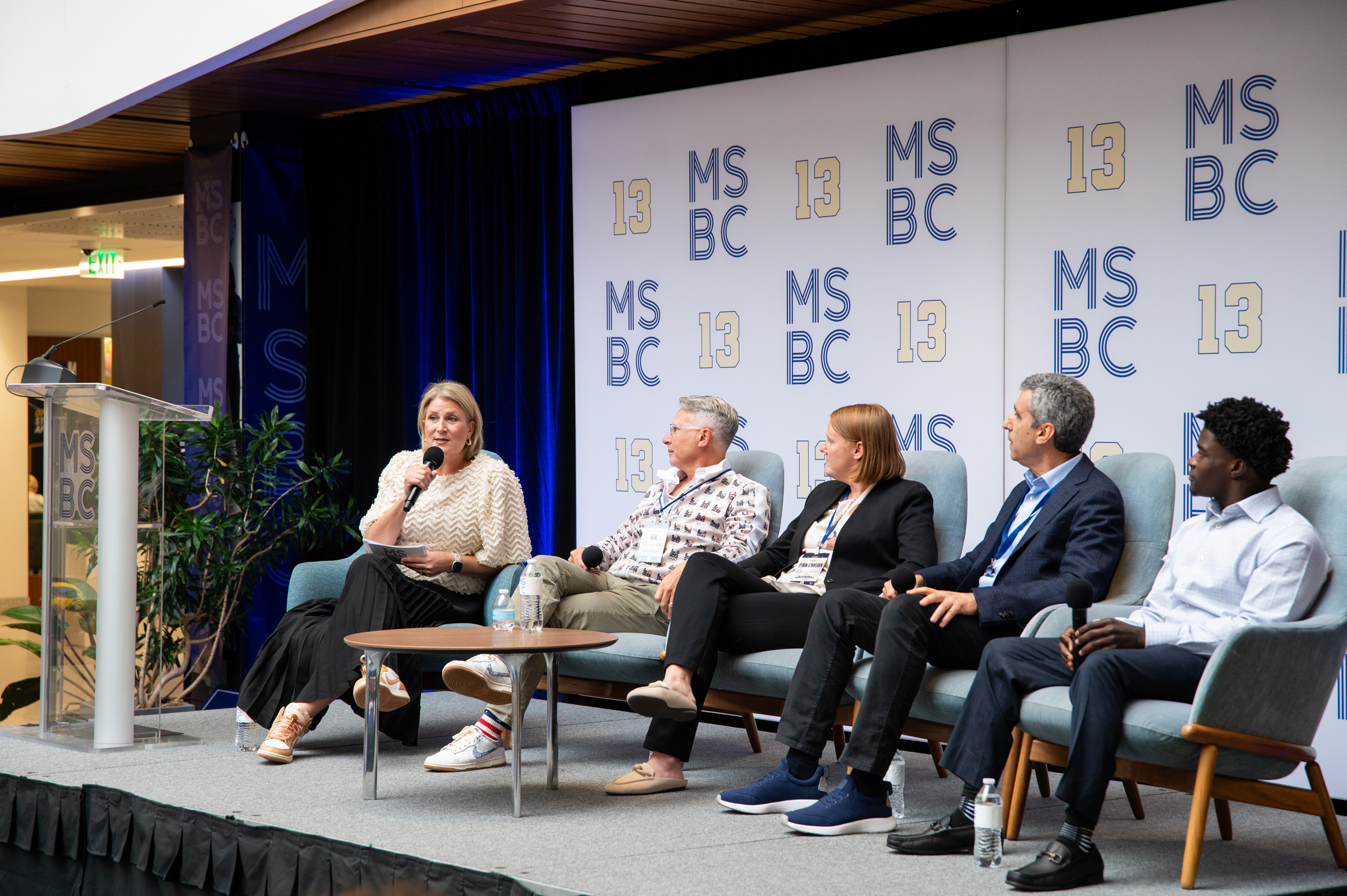[ad_1]
The University Research Corridor, an alliance between the University of Michigan, Michigan State University and Wayne State University, reported an estimated $23.9 billion in state investments in 2023. The 2023 URC Economic Report detailed that for every dollar invested in the three Michigan universities, 24 dollars were put back into Michigan’s economy.
Founded in 2006, the URC united the three universities as an established research group, focusing on academic research and economic development in Michigan. The URC has made developments in industries such as sustainability, artificial intelligence, life and health sciences and advanced manufacturing.
In 2022, the universities carried out life sciences research and development initiatives valued at $1.64 billion. Over the last five years, these institutions have undertaken mobility-related research and development projects worth more than $565 million. Overall, the URC’s annual research and development expenditure totals $2.87 billion, positioning Michigan among the top 10 states in academic research and economic development.
According to a URC press release, this economic impact was higher than the revenue generated from the 2024 NFL Draft, which was hosted in Detroit.
“For context, the NFL Draft had an estimated net economic impact of $165 million in Detroit,” the statement read. “The URC’s economic impact would be like holding the NFL Draft more than 144 times in a year all across Michigan. Together, URC universities employ nearly 71,000 people – more than GM and Ford, the state’s two largest employers.”
When generating the economic analysis every year, the URC looks at the three universities’ wide range of spending in areas including operations and research, resources for students, and earnings for both university employees and alumni who live in Michigan. However, the spending by companies formed by university alumni is not accounted for when measuring revenue.
According to the press release, universities within the URC produce more medical professionals than any other university research cluster, outpacing other clusters in Massachusetts and California. URC universities awarded more than 2,500 medical degrees last year for the fourth consecutive year, amounting to a rise of 21% in medical degrees in the past decade. In the press release, Brian Peters, CEO of the Michigan Health & Hospital Association, said he felt Michigan healthcare has been significantly improved due to the URC.
“The URC is a critical partner in helping to strengthen the healthcare workforce both in our state and across the nation,” Peters wrote. “The URC’s contributions are not only vital for addressing immediate workforce needs but also for shaping the future of healthcare delivery and innovation through research partnerships with hospitals across the state.”
In an interview with The Michigan Daily, URC executive director Britany Affolter-Caine said research done by the universities reaches beyond local communities to the state at large.
“I have been very interested and committed to helping show, in real terms, how everyone in the state benefits from our institutions and how we benefit from the people of Michigan,” Affolter-Caine said. “If you live in Grayling, you might never visit one of our campuses, but you probably either are directly impacted or have a loved one impacted by our discoveries.”
Affolter-Caine said the URC operates as a public servant for Michigan, advancing various research projects and developing the state economically and academically.
“By listening to the needs of communities and how they’ve evolved over time, I think it’s somewhat unique for our cluster, which is one of the nation’s top university innovation clusters, that we’re public servants,” Affolter-Caine said. “We are here for the state of Michigan and while some folks may not always align, that’s my job to help communicate that on behalf of these three institutions.”
LSA junior Marissa Sweeney, who participated in the U-M Undergraduate Research Opportunity Program, told The Daily that research is helpful because it can create economic opportunities.
“The research affects the surrounding areas,” Sweeney said. “Research also generates a lot of jobs, so one thing that was helpful for me was that I got paid for it.”
Summer News Editor Andrew Baum can be reached at asbaum@umich.edu.
Related articles
[ad_2]
Source link











